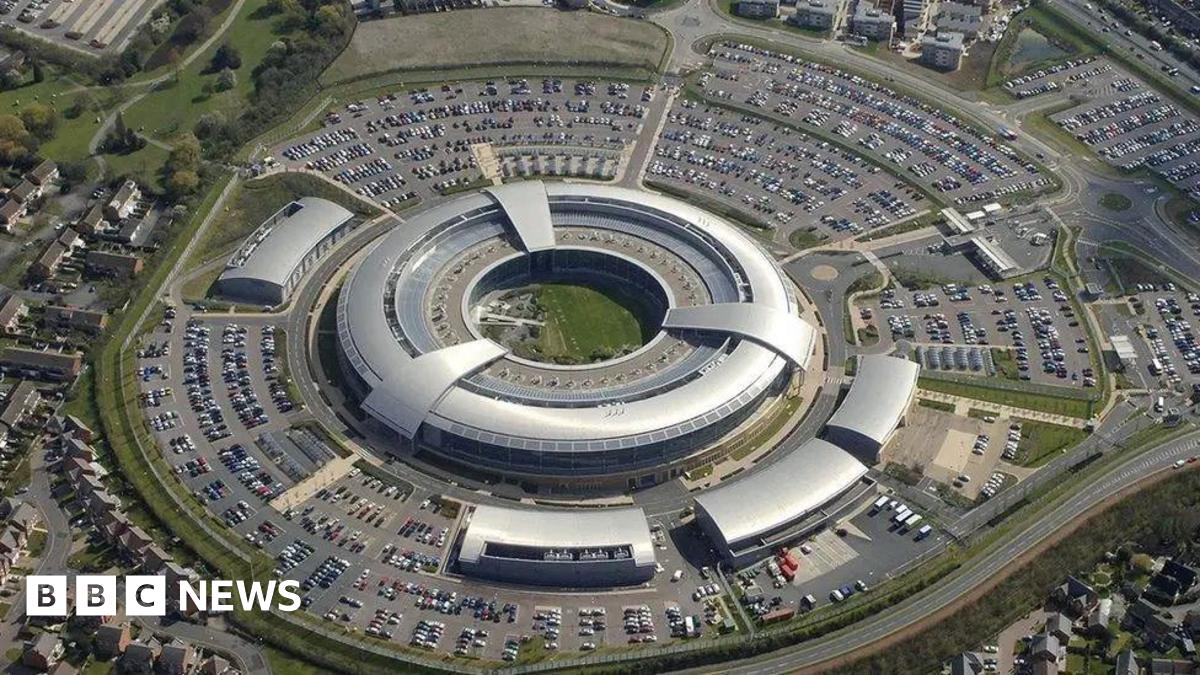World
Gaza war: ICJ orders Israel to stop Rafah offensive
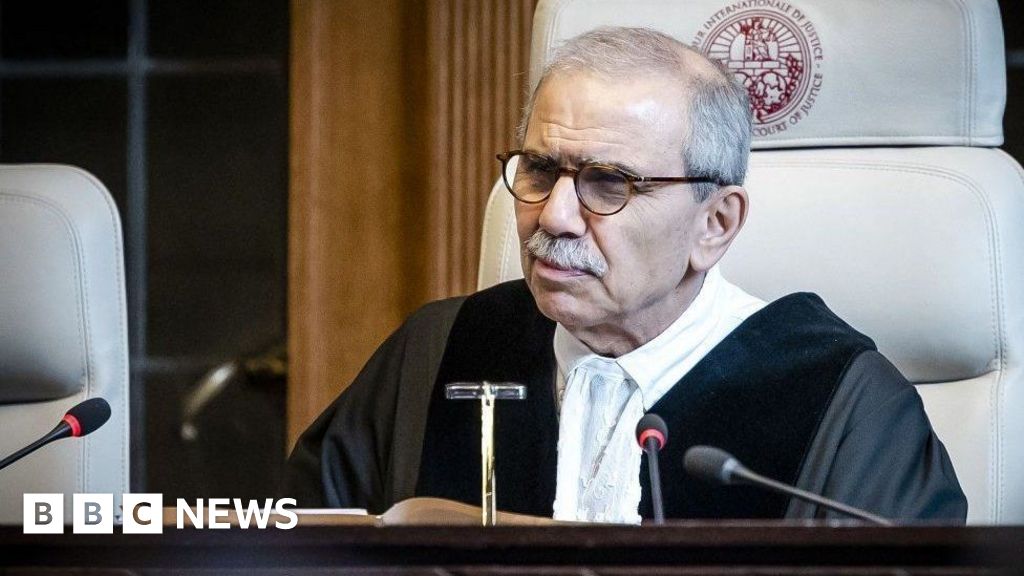
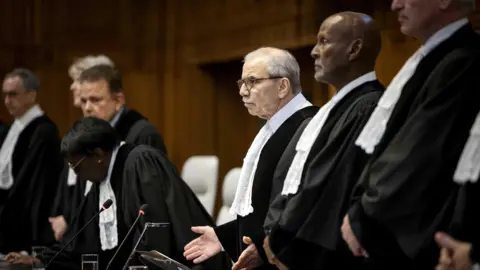 EPA
EPAThe UN’s top court, the International Court of Justice (ICJ), has issued a dramatic ruling, ordering Israel to “immediately halt its military offensive in Rafah”.
It acted in support of a South African application last week which sought a number of measures against Israel, accusing it of stepping up what it says is a genocide.
Presiding judge Nawaf Salam said the situation in Gaza had deteriorated since the court last ordered Israel to take steps to improve it.
Israel has vehemently denied the allegation and signalled it would ignore any order to halt its operation.
Reading the court’s ruling on Friday, Nawaf Salam said “Israel must immediately halt its military offensive, and any other action in the Rafah Governorate” which could bring about “the physical destruction” of the Palestinians – alluding to what constitutes genocide under international law.
Israel, he added, must also allow unimpeded access to Gaza to any UN body investigating allegations of genocide.
The ruling also reiterated a requirement for Israel to enable “unhindered provision at scale” of basic services and humanitarian aid for Gaza.
“The humanitarian situation [in Gaza] is now to be characterised as disastrous,” the ruling said.
Israel rejected the court’s ruling and said its military offensive in Gaza was in line with international law.
“Israel has not and will not carry out military operations in the Rafah area that create living conditions that could cause the destruction of the Palestinian civilian population, in whole or in part,” National Security Adviser Tzachi Hanegbi said in a joint statement with the foreign ministry.
War cabinet minister Benny Gantz said Israel would continue its offensive “wherever and whenever necessary – including in Rafah”.
Meanwhile, the Palestinian ambassador to the UN, Riyad Mansour, hailed the ruling and called for Israel to abide by it.
“We expect that resolutions of the ICJ be implemented without hesitation,” he said. “That’s mandatory. And Israel is party to the convention.”
Following news of the ICJ ruling, the European Union’s top diplomat, Josep Borrell, said the bloc’s commitment to the rule of law and its support for Israel “are going to be quite difficult to make compatible”.
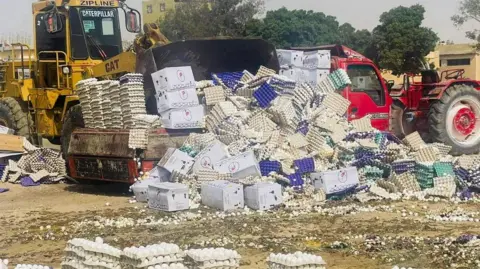 Reuters
ReutersAid agencies and the UN say insufficient amounts of aid are reaching people in Gaza, which they say is facing famine.
The UN suspended food distribution in Rafah on Tuesday because of the perilous situation there. Israel says it has made “extensive efforts” to ensure that humanitarian aid is “flowing into Gaza”.
Judge Salam also said that the court found it “deeply troubling” that Israeli hostages were still being held by Hamas and other armed groups in Gaza, and called for “their immediate and unconditional release”.
Israeli opposition leader Yair Lapid criticised the ruling, calling it an “abject moral failure” that the ICJ did not connect their bombardment of Rafah to the release of the hostages.
South Africa’s foreign ministry chief Zane Dangor called the ruling “groundbreaking”, alluding to it being the first time the court has made an explicit order to Israel to halt action in a part of Gaza.
Hamas said it welcomed the decision which it said “demands that the brutal Zionist entity [Israel] stop its aggression” in Rafah”.
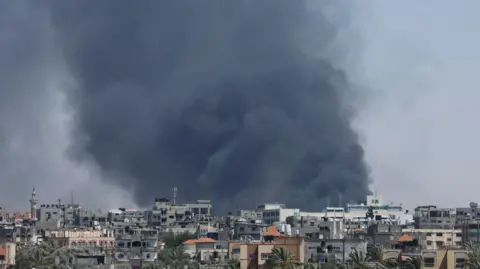 Reuters
ReutersMinutes after the ruling was delivered, Israel warplanes carried out a series of air strikes on the Shaboura camp in the centre of Rafah.
A local activist at nearby Kuwait Hospital told the BBC that rescue teams in the hospital were unable to reach the site of the raids due to their intensity.
Israel began a long-anticipated offensive in Rafah about three weeks ago, vowing to destroy the remaining Hamas battalions there. It says it believes Israeli hostages are also being held in the town.
The UN says more than 800,000 Palestinians have fled from Rafah since the offensive began. About 1.5 million had been sheltering there from the fighting elsewhere in Gaza.
The hearing is part of a case brought by South Africa to the ICJ in December, claiming Israel was committing genocide in Gaza. That case is ongoing.
Israel began its offensive in Gaza after gunmen from Hamas, the organisation which ruled the territory, attacked Israel on 7 October, killing about 1,200 people and taking 252 others back to Gaza as hostages.
At least 35,800 Palestinians have been killed in the war since then, according to Gaza’s Hamas-run health ministry.








